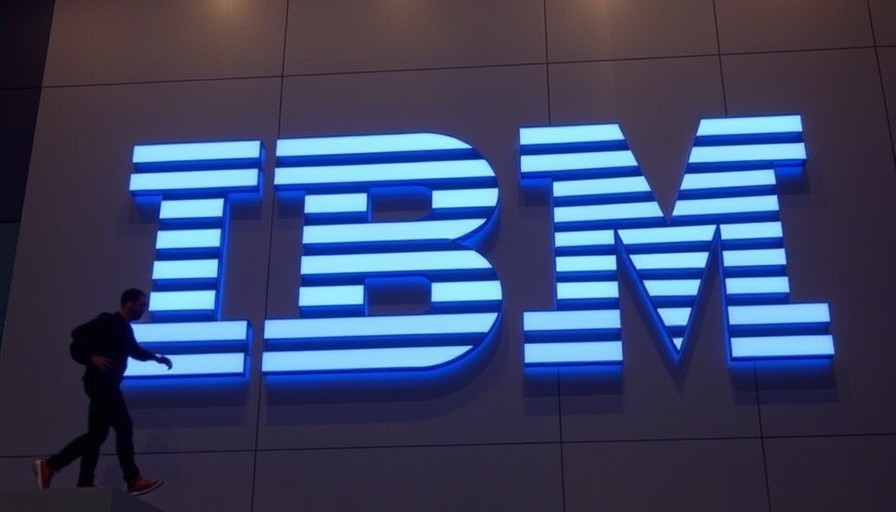
BT’s Shift Toward AI and Its Impact on Employment
With advancements in artificial intelligence, BT's CEO is contemplating significant job cuts to adapt to a rapidly changing landscape. The integration of AI technologies has started shaping businesses across many sectors, prompting leaders like BT’s chief to reconsider workforce structures. This shift prioritizes efficiency and cost-effectiveness, raising pressing questions about the future of employment in technology-driven industries.
Understanding the Role of AI in Modern Workplaces
As AI continues to evolve, its applications in various fields are becoming commonplace. Companies leverage AI to perform tasks that are repetitive, data-heavy, or require quick decision-making. However, this transition often leads to job redundancy, challenging traditional employment markers. Workers once confident in their roles are now left in uncertainty, while businesses aim to stay competitive in an increasingly automated world.
Human Connection in a High-Tech Era
Despite the influx of automated systems, the importance of human connection remains vital in workplaces. Organizations like BT must navigate this balance between technology and the human workforce. While AI can handle significant workloads, the essence of teamwork, collaboration, and creativity still hinges on human engagement. Leaders must create environments that utilize AI as a tool to enhance, rather than replace, these human attributes.
Potential Benefits of AI Readiness
For BT, adapting to AI can mean more than just cutting jobs; it offers opportunities for innovation and improved services. By embracing AI, the company can enhance productivity and customer interactions. However, leaders must also address the societal implications of job displacements and consider retraining initiatives to transition their workforce into new roles that AI cannot fulfill, fostering a resilient corporate culture.
What Lies Ahead in the AI Job Market
The landscape of employment is shifting as AI becomes integrated into the fabric of numerous industries. Future job opportunities may emerge in fields focusing on AI management, ethics, and human oversight. This future challenges BT and its peers to invest in skill development to transform their workforce rather than leaving them behind in the wake of technology. By presenting pathways for advancement, companies not only protect their employees but also their brand integrity.
In conclusion, as organizations like BT navigate the complexities of AI integration, they face a unique opportunity. Focusing on employee development can mitigate the fear of job loss and inspire a culture of innovation. To learn more about adapting to these changes positively, consider exploring tools and strategies that support human and AI collaboration.
Ready to enhance your creative output with AI? Discover how to bypass ANY AI Detector with ease at Prompt2Human.
 Add Row
Add Row  Add
Add 




 Add Row
Add Row  Add
Add 

Write A Comment